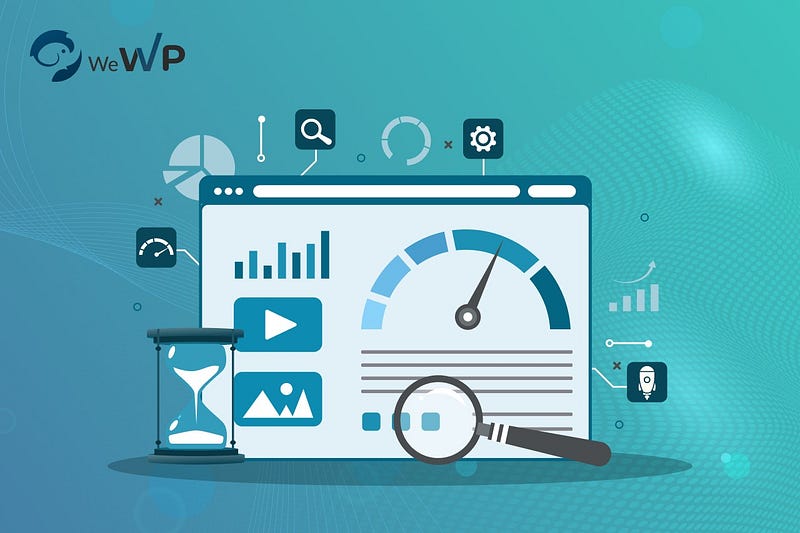10 Proven Methods for Enhancing Web Page Loading Speed
This article highlights the critical role of website loading speed in online business success. A slow website frustrates visitors and hurts SEO ranking. Here are 10 effective ways to improve your website speed:
Reliable Hosting: Choose a hosting provider that prioritizes speed and scalability. WeWP is mentioned as an example of such a provider.
Image Optimization: Compress images using tools or plugins like TinyPNG or by adjusting their size and format. Utilize modern formats like WebP for superior compression.
Minimize Redirects: Avoid unnecessary redirects (URL forwarding) as they slow down loading times.
Remove Unused Plugins: Deactivate or delete plugins that are no longer needed. Plugins add extra code that needs to load, impacting speed.
Compress Files with Gzip: This protocol reduces the size of HTML, CSS, and JavaScript files for faster loading. Brotli compression offers even better results.
Reduce HTTP Requests: Fewer files on your page mean fewer requests the browser needs to make, leading to faster loading.
Optimize CSS and JavaScript: Minify these files by removing unnecessary characters and comments, resulting in smaller file sizes.
Activate Browser Caching: This stores website data on visitors’ devices so they don’t need to download it again on subsequent visits, speeding up page load times.
Use a Content Delivery Network (CDN): A CDN distributes your website content across geographically dispersed servers, allowing users to access it faster regardless of location.
Maintain a Clean Database: Regularly remove unnecessary data, optimize tables, and create indexes in your website’s database for faster query execution and page loading.
Also Read : Why You Need to Supercharge Your Web Hosting With CDN: A Must-know Guide!
By implementing these tips, you can significantly improve website speed, leading to a better user experience, higher SEO ranking, and ultimately, increased business success.
